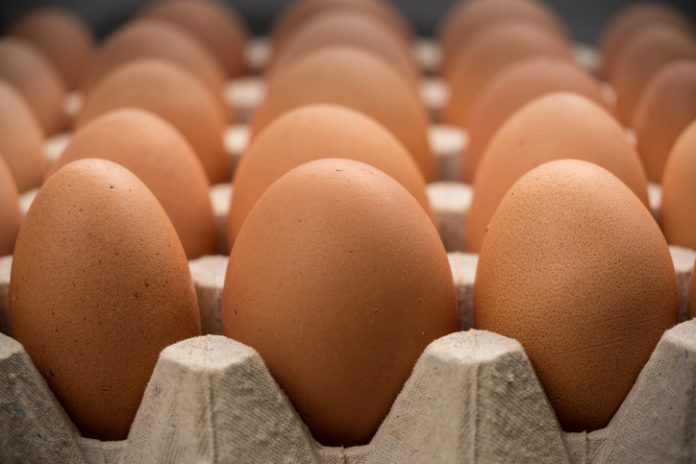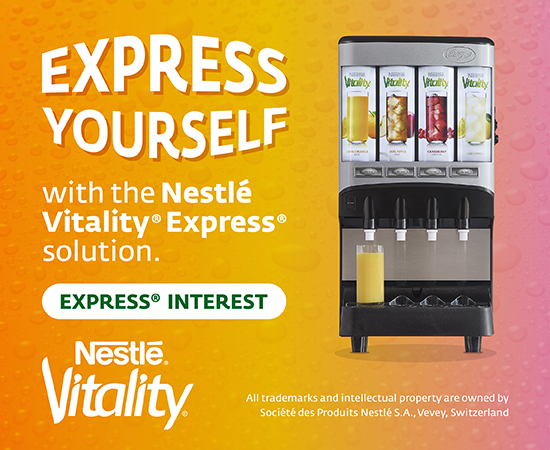Langham Hospitality Group, Mandarin Oriental, and The Peninsula Hotels each recently released updated sustainability commitments for their properties, including pledging to use only cage-free eggs throughout their global operations by 2025. These hospitality brands join others that previously made similar commitments, including Best Western, Choice Hotels, Hilton, Hyatt, IHG, Marriott, MGM Resorts, Radisson, and Wyndham.
Langham Hospitality Group
In its 2019 sustainability report, Langham Hospitality Group outlined the progress it has made towards its 2030 sustainability goals, including a new commitment to use 100-percent cage-free eggs by 2025. In addition, the group is expanding sustainability initiatives that it piloted at individual properties—like growing herbs and keeping rooftop beehives—across its entire portfolio. Langham Hospitality Group’s other commitments in the food and beverage space include using 100-percent sustainably sourced coffee, tea, cocoa, animal protein, sugar, and dairy and sourcing at least half of its menu locally—from farms, fisheries, or homegrown—by 2030.
Mandarin Oriental
Mandarin Oriental recently released its 2019 sustainability report, in which the company announced that it has successfully shifted to purchasing 100-percent ethically sourced coffee, tea, vanilla, and cocoa. Moving forward, Mandarin Oriental is setting a goal to responsibly source all seafood and eggs. “We have started the process in Hong Kong, and we will continue to work with suppliers in all the regions in which we operate to increase the percentage of cage-free eggs sourced globally, with a target of 100 percent global compliance by 2025,” the company noted in its report.
The Peninsula Hotels
The Hongkong and Shanghai Hotels, which owns The Peninsula Hotels, has several sustainability initiatives focused on food and beverage. While some of its hotel restaurants already served free-range chicken, hormone-free beef, and cage-free eggs, The Peninsula Hotels officially committed this year to ensure that all of the eggs it uses are cage-free by 2025. In addition, the brand has set a goal of 100-percent sustainably sourcing coffee, chocolate, and tea by 2020, and has so far surpassed 50 percent for each of these three products (89.9 percent, 68.2 percent, and 57.9 percent, respectively in 2019).












